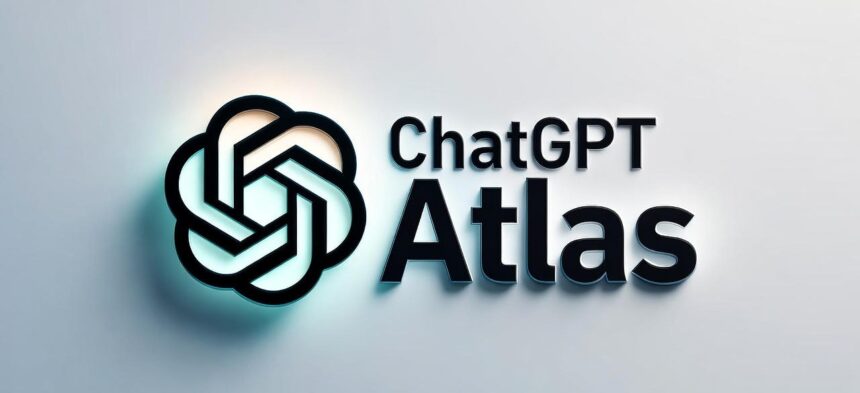OpenAI has entered the web-browser arena with ChatGPT Atlas, a new browser that blends traditional browsing with the company’s flagship AI assistant. Unveiled on October 21, Atlas is described as “a browser built with ChatGPT at its core” — designed to help users read, search, and perform online tasks through natural conversation rather than manual clicks and queries.
According to OpenAI’s announcement, Atlas integrates ChatGPT directly into the browsing interface. Instead of switching between tabs or copying links into the chatbot, users can now ask questions, summarize pages, compare information, or even automate actions — all within the same window. The browser’s early version is available for macOS, with Windows and mobile releases expected in the coming months.
One of the browser’s headline additions is “agent mode,” a feature that allows ChatGPT to act on a user’s behalf: opening links, navigating sites, or completing online tasks like form-filling or shopping. The mode will initially roll out in preview for paid ChatGPT users, including Plus, Pro, and Business tiers. OpenAI says the agent can “help with tasks, not just answer questions,” though it has limits — it cannot install software, access a computer’s files, or interact with sensitive pages without permission.
Reuters called the move a direct challenge to Google Chrome’s dominance in global browsing, noting that Chrome currently holds over 70 percent of the market. Analysts suggest the integration of chat and browsing could signal a new phase in how people interact with the web — shifting from keyword-based searches to AI-driven assistance that understands context and intent.
Atlas also introduces a memory system, allowing ChatGPT to recall what users have viewed or worked on in previous sessions. This enables requests like, “find that article I read last week about electric vehicles.” Users, however, can control what’s remembered, toggle incognito sessions, or clear stored data. OpenAI clarified that browsing activity will not be used to train its models unless users opt in.
Privacy and safety controls are central to the launch. The company says the browser includes clear prompts when AI features interact with websites, and users can manage which sites the chatbot can access. Sensitive actions are paused for confirmation.
Technology reporters from The Verge and TechCrunch described Atlas as an early experiment in “AI-aware browsing,” one that could eventually automate routine digital work. Still, they note challenges ahead — including reliability, privacy concerns, and competition from established browsers that are adding their own AI assistants, such as Google’s Gemini in Chrome and Microsoft’s Copilot in Edge.
For now, Atlas remains in limited release. But the launch reflects OpenAI’s growing ambition to move beyond chat interfaces into tools that blend AI with everyday computing. If successful, ChatGPT Atlas could redefine how users experience the web — from typing queries to simply asking their browser to get things done.
Story Sources: Reuters, OpenAI Blog, TechCrunch, The Verge, Yahoo Finance.







